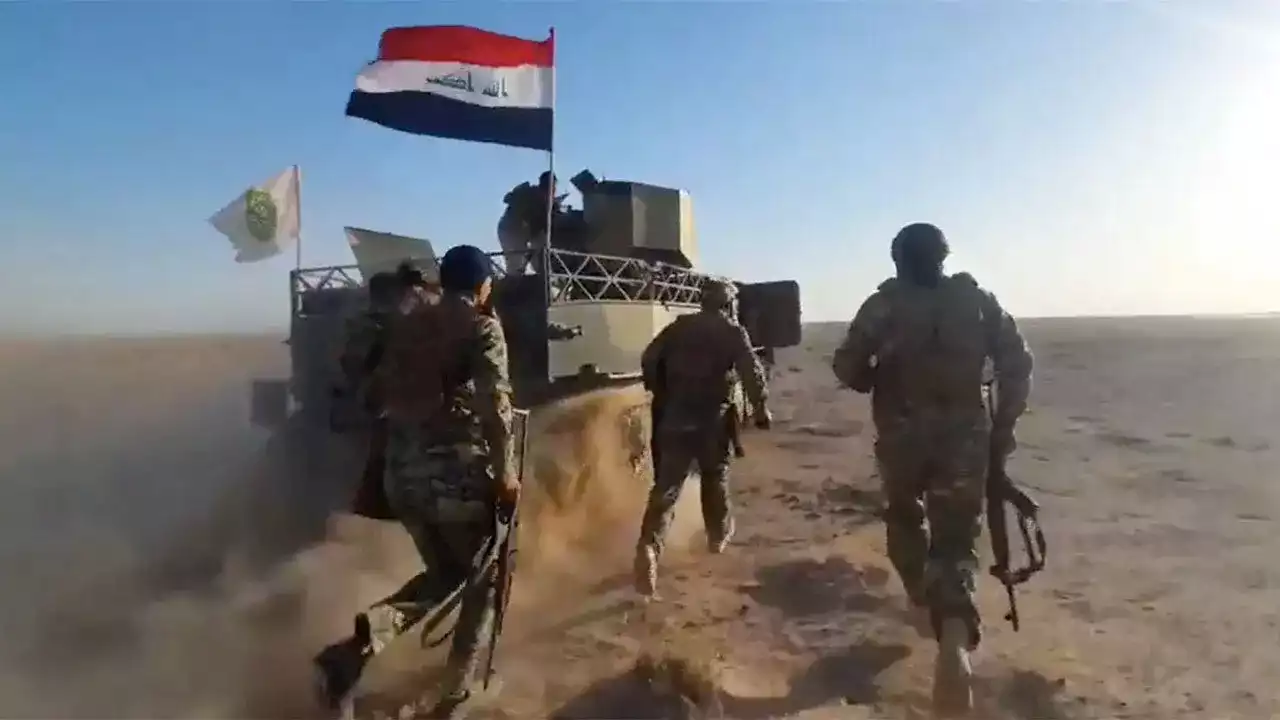The Islamic caliphate was defeated in 2018 and while ISIS has not taken over territory anywhere since, some observers worry that there are signs of it slowly regrowing in parts of Iraq.
Iraqi Foreign Minister Hussein spoke with Fox News Digital, including the great threat ISIS still poses in the Middle East, political turmoil persisting one year after elections ended in crisis and the budding relationship between Iraq and China.
He said that while the organization had lost the main centers of power it held under the first generation of its leadership, it continues to pose a danger in the areas where it still has strength, the northern cities between Salah al-Din, Kirkuk and the Mam Mountains. Recent attacks include suicide bombings close to Baghdad and other parts of the country, and Iraqi authorities have also uncovered and stopped some ISIS operations. in September, Iraqi Foreign Minister Fuad Hussein urged western countries to keep going after ISIS.
During a visit last month to the camp, Central Command chief Gen. Erik Kurilla warned that ISIS seeks to exploit the horrific conditions of the camp, where 70% of the population is under the age of 12. The general called the camp"a literal breeding ground for the next generation of ISIS." "It has demonstrated an ability to regenerate after suffering major defeats," Roggio continued,"and one of its traditional bases of support has been in northern and western Iraq, particularly the Hamrin mountains. The Islamic State has been in a rebuilding phase, having lost it caliphate in 2019, and is regaining some ground in western and north Iraq."
According to an Associated Press report, in 2014, Sistani called on able-bodied Iraqis to volunteer and join security forces to fight the onslaught of the Islamic State. The call was widely heeded, and the mobilization helped defeat the militants. But it also swelled the ranks of Shiite militias, many of which are loyal to Iran and have been accused of worsening sectarian tensions.
